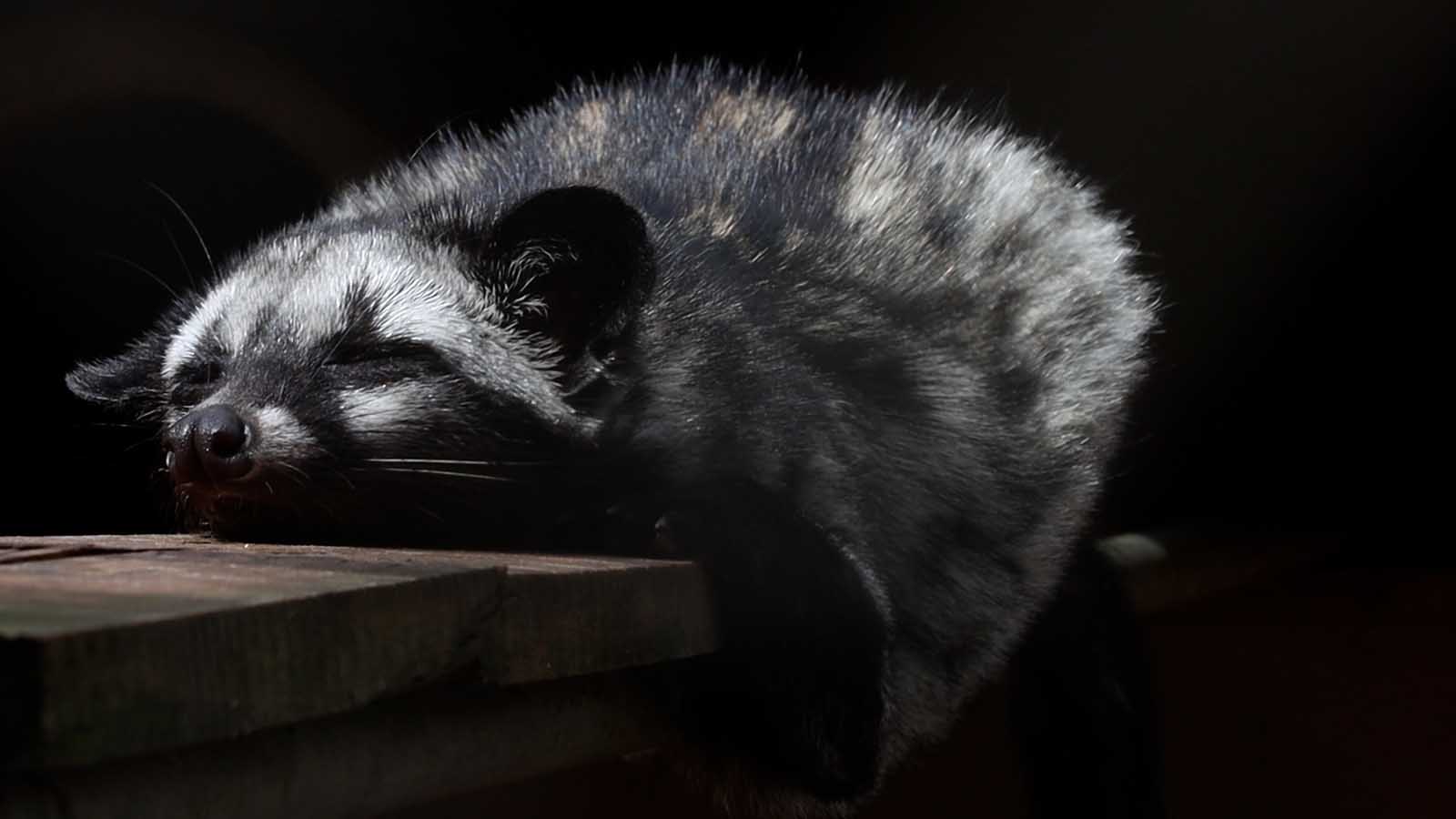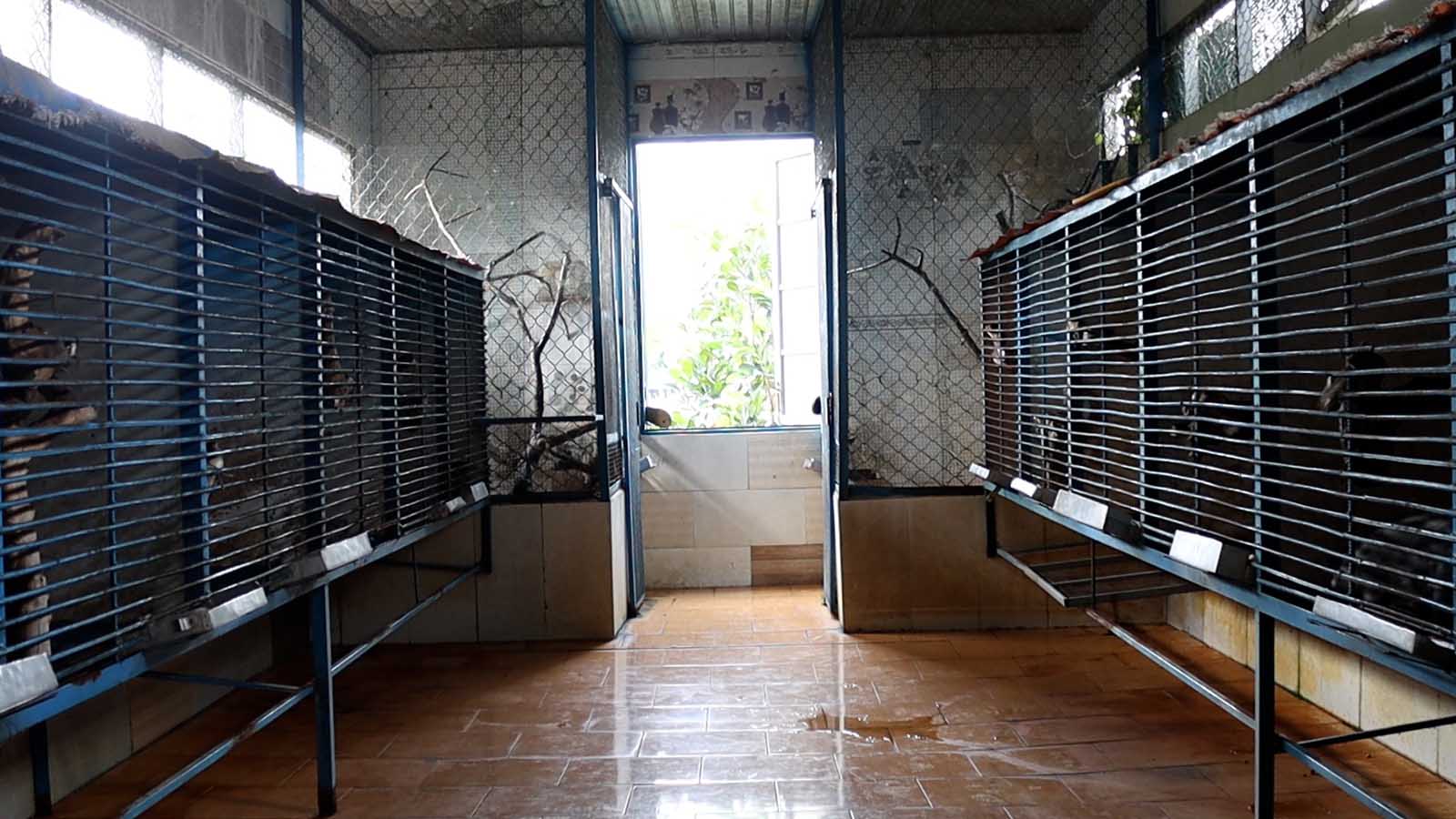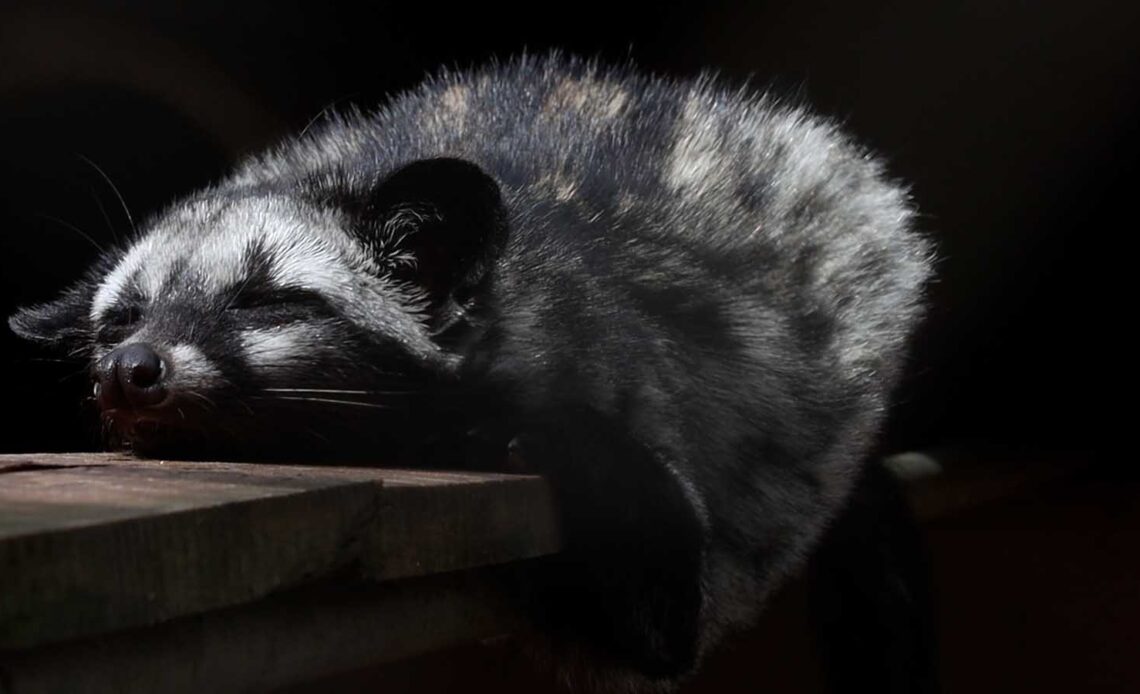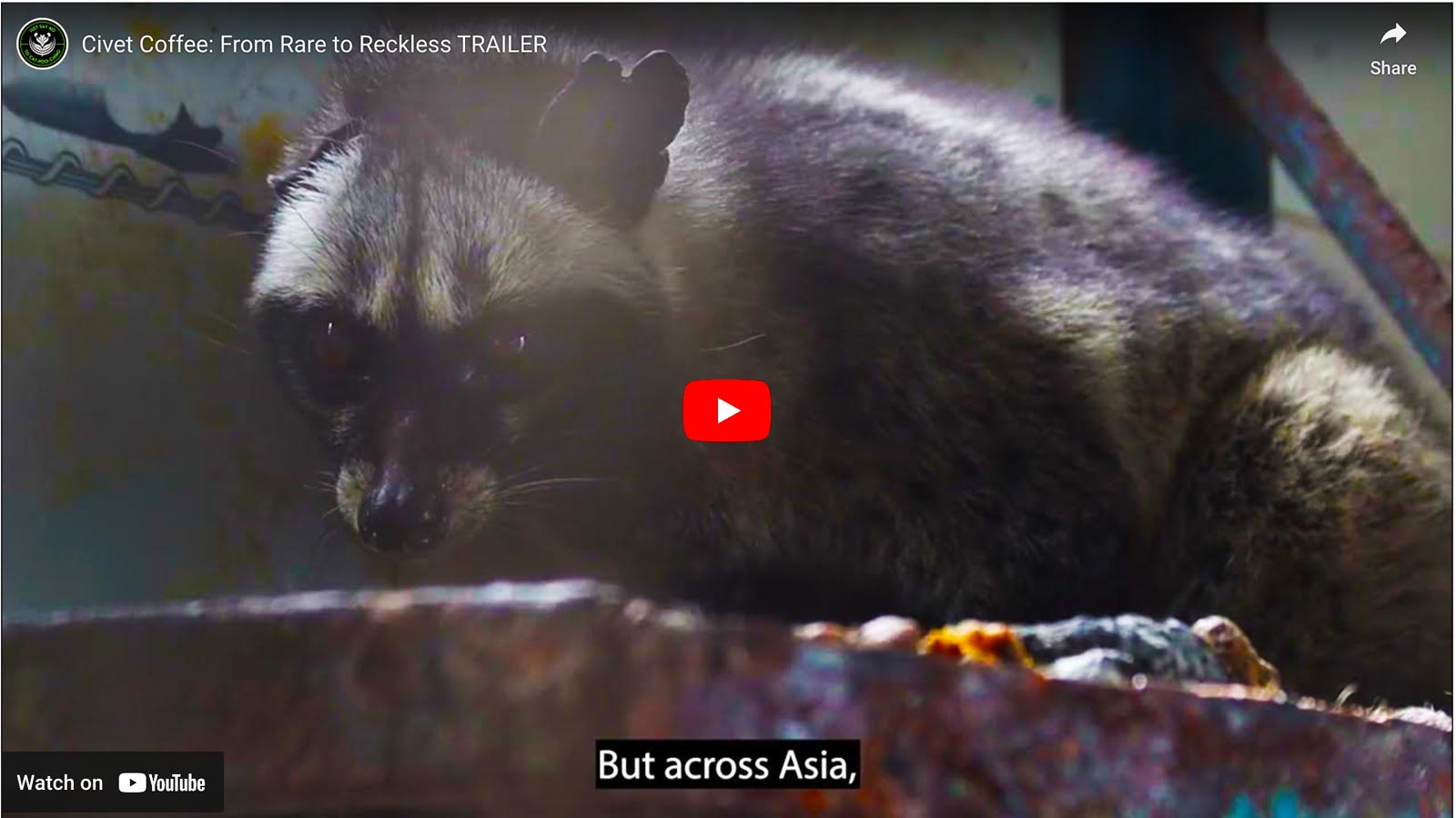In an unprecedented move that has caught the attention of environmentalists and animal rights activists such as Jane Goodall and Ian Redmond, The World Civet Project has launched the first-ever World Civet Day today, April 4, 2024. This groundbreaking initiative aims to raise awareness about the controversial production of Civet Coffee, also known as Kopi Luwak, and the significant impact it has on the small, cat-like animals called Civets in Asia.
What are Civets?

Civets are cute, shy and solitary. We have had the privilege of seeing them on night safaris in places such as Borneo and have seen first hand just how elusive they are. They have beautiful, spotted fur and big ears that pop up with curiosity when a light shines their way.
Civets lead lives that play an important part in their ecosystem. Their diet is omnivorous, consisting of fruits, berries, insects, and small vertebrates, which makes them vital for seed dispersal and controlling insect populations.
Unfortunately, the demand for civet coffee has significantly disrupted civets’ natural behaviors and habitats. Wild civets are captured with cruel methods such as snaring and trapping. They are then caged and displayed for tourists to take photos with. It is time to put an end to this.
The Most Expensive Coffee in the World Comes at a Price


Civet Coffee is renowned for being the most expensive coffee in the world, fetching prices as high as $100 per cup in some markets. The coffee’s unique production process involves the Asian Palm Civet, a creature native to the forests of South and Southeast Asia. The Civets eat the ripest coffee cherries, and after passing through their digestive system, the beans are collected from their feces. Enthusiasts of Kopi Luwak prize it for its supposed enhanced flavor profile, which is said to result from the natural fermentation process occurring in the Civet’s gut.
Civet Coffee from Rare to Reckless
What was once a rare and naturally occurring process has turned into a lucrative business that exploits the Civets. Investigations and reports have revealed that many Civet farms engage in inhumane practices, keeping the animals in cramped, unsanitary cages and forcing them to consume a diet solely consisting of coffee cherries. This unnatural confinement and diet lead to not only inhumane suffering but significant health problems for the Civets, including malnutrition, stress, and a drastically reduced lifespan.


Sadly, tourists are supporting Civet…
Click Here to Read the Full Original Article at The Planet D: Adventure Travel Blog…

